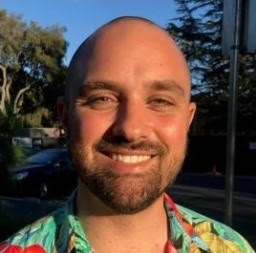REGISTER
Borders reflect the many social, historical, and political forces that shape global movement and identity. While borders often suggest fixed lines of division, the experiences within and around them increasingly influence national and global understandings of belonging, sovereignty, and human rights. This panel brings together a group of UC Berkeley graduate students from the fields of history, sociology, and ethnic studies for a discussion on borders and their impact, particularly through the lens of migration, mobility, and resistance across the U.S.-Mexico border.
The panel will feature Carlotta Wright de la Cal, PhD Candidate in History; Adriana Ramirez, PhD Candidate in Sociology; and Irene Franco Rubio, PhD Candidate in Ethnic Studies. Hidetaka Hirota, Professor of History, will moderate.
The Social Science Matrix New Directions event series features research presentations by graduate students from different social science disciplines. Co-sponsored by the UC Berkeley Department of Sociology.
Panelists
 Carlotta Wright de la Cal is a PhD Candidate in History at UC Berkeley. Her research examines how Indigenous and migrant railroad workers in the U.S.-Mexico borderlands navigated and resisted overlapping systems of legal and corporate control from the 1880s to the 1940s. Drawing on archives in Mexico City, Washington D.C., and various state and private collections, the project reveals how state and corporate actors deployed immigration law, federal Indian policy, and labor systems to discipline mobile racialized populations, while workers strategically exploited jurisdictional gray zones to advance autonomy and resistance.
Carlotta Wright de la Cal is a PhD Candidate in History at UC Berkeley. Her research examines how Indigenous and migrant railroad workers in the U.S.-Mexico borderlands navigated and resisted overlapping systems of legal and corporate control from the 1880s to the 1940s. Drawing on archives in Mexico City, Washington D.C., and various state and private collections, the project reveals how state and corporate actors deployed immigration law, federal Indian policy, and labor systems to discipline mobile racialized populations, while workers strategically exploited jurisdictional gray zones to advance autonomy and resistance.
 Adriana P. Ramirez is a PhD candidate in Sociology at UC Berkeley. Her research interests revolve around migration, citizenship, Latin America, political sociology, and race and ethnicity. The influence of growing up as a migrant student between Mexico and the U.S. is evident in her work, which explores transnational migration dynamics. Her current work examines how young return migrants adapt to different spheres of Mexican society and formulate their identity and sense of belonging across contexts of reception in the states of Oaxaca and Jalisco. Her previous work studied how young return migrants navigate their double Mexican-U.S. citizenship to negotiate a sense of belonging and better opportunities in Mexico, recently published in Social Problems.
Adriana P. Ramirez is a PhD candidate in Sociology at UC Berkeley. Her research interests revolve around migration, citizenship, Latin America, political sociology, and race and ethnicity. The influence of growing up as a migrant student between Mexico and the U.S. is evident in her work, which explores transnational migration dynamics. Her current work examines how young return migrants adapt to different spheres of Mexican society and formulate their identity and sense of belonging across contexts of reception in the states of Oaxaca and Jalisco. Her previous work studied how young return migrants navigate their double Mexican-U.S. citizenship to negotiate a sense of belonging and better opportunities in Mexico, recently published in Social Problems.

Irene Franco Rubio is a first-generation Latina scholar, writer, and community organizer from Phoenix, Arizona. She is a PhD student in Ethnic Studies at UC Berkeley with Designated Emphases in Gender, Women, and Sexuality Studies and New Media. Her research focuses on multiracial coalition-building and cross-cultural solidarity within abolitionist movements, especially in the U.S. Southwest, drawing from her lived experience and grassroots organizing. Irene is also a Soros Justice Fellow and the host of the #SchoolsNotPrisons podcast, where she examines the intersections of immigration, incarceration, and racialized state violence. At Berkeley, she connects academic research with grassroots organizing through community-based projects that center system-impacted communities and the pursuit of collective liberation.
 Hidetaka Hirota (moderator) is a social and legal historian of U.S. immigration, specializing in nativism, immigration control, and policy from the antebellum era to the Progressive Era. His first book, Expelling the Poor (Oxford, 2017), examines 19th-century deportation policies and received multiple awards. He is currently working on The American Dilemma, which explores the tension between nativism and labor demand in shaping U.S. immigration policy, as well as projects on Japanese immigrants and the history of anti-immigrant sentiment. His research has appeared in leading history and migration studies journals. At UC Berkeley, he teaches U.S. immigration history and co-directs the Canadian Studies Program. He was also a 2024-2025 Matrix Faculty Fellow.
Hidetaka Hirota (moderator) is a social and legal historian of U.S. immigration, specializing in nativism, immigration control, and policy from the antebellum era to the Progressive Era. His first book, Expelling the Poor (Oxford, 2017), examines 19th-century deportation policies and received multiple awards. He is currently working on The American Dilemma, which explores the tension between nativism and labor demand in shaping U.S. immigration policy, as well as projects on Japanese immigrants and the history of anti-immigrant sentiment. His research has appeared in leading history and migration studies journals. At UC Berkeley, he teaches U.S. immigration history and co-directs the Canadian Studies Program. He was also a 2024-2025 Matrix Faculty Fellow.
REGISTER
View Map


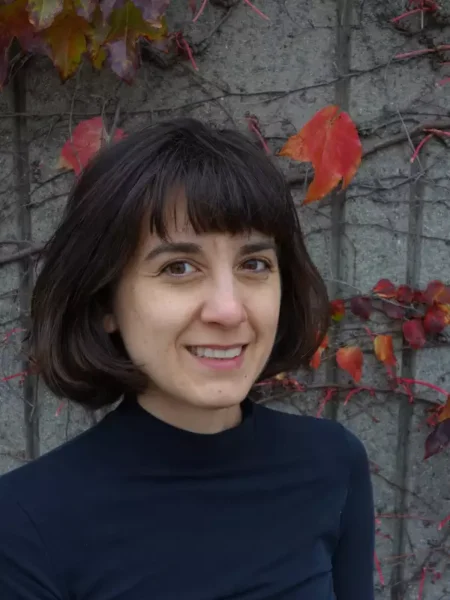

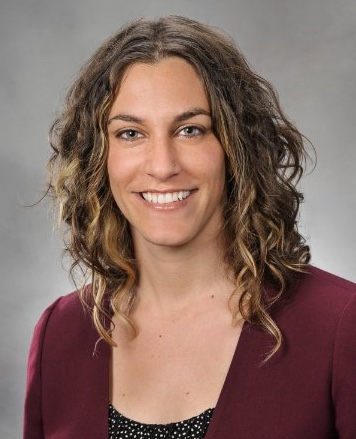 Sally Augustin
Sally Augustin
 Karen Nakamura
Karen Nakamura Meredith Sadin
Meredith Sadin
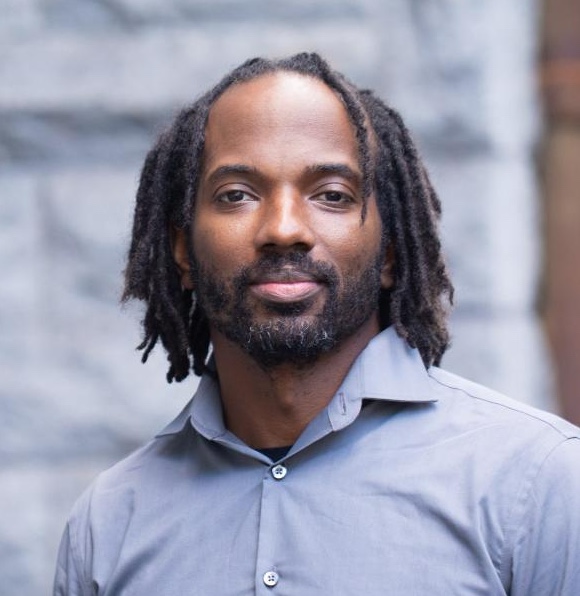








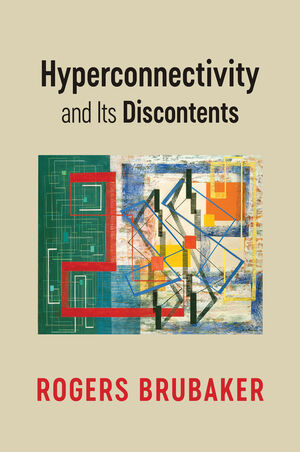 Rogers Brubaker is Distinguished Professor of Sociology at the University of California, Los Angeles, where he holds the UCLA Foundation Chair. Brubaker has written widely on social theory, immigration, citizenship, nationalism, ethnicity, race, gender, populism, and – most recently – digital hyperconnectivity. His first book explored the idea of rationality in the work of Max Weber, while his essays on Pierre Bourdieu helped introduce Bourdieu to an English-speaking audience. His next two books analyzed European nationalism in historical and comparative perspective.
Rogers Brubaker is Distinguished Professor of Sociology at the University of California, Los Angeles, where he holds the UCLA Foundation Chair. Brubaker has written widely on social theory, immigration, citizenship, nationalism, ethnicity, race, gender, populism, and – most recently – digital hyperconnectivity. His first book explored the idea of rationality in the work of Max Weber, while his essays on Pierre Bourdieu helped introduce Bourdieu to an English-speaking audience. His next two books analyzed European nationalism in historical and comparative perspective. 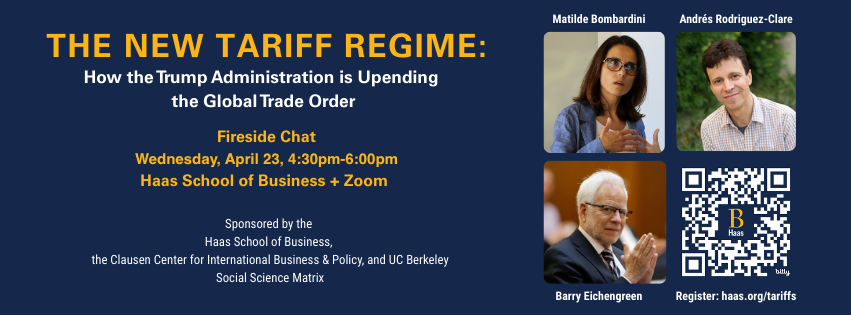

 Patrice Douglass is an Assistant Professor in Gender and Women’s Studies at UC Berkeley. She holds a PhD and MA in Culture and Theory from the University of California, Irvine, a MA in Ethnic Studies from the University of California, Riverside, and a BA in Feminist Studies and Legal Studies from the University of California, Santa Cruz. She is also currently a Matrix Faculty Fellow.
Patrice Douglass is an Assistant Professor in Gender and Women’s Studies at UC Berkeley. She holds a PhD and MA in Culture and Theory from the University of California, Irvine, a MA in Ethnic Studies from the University of California, Riverside, and a BA in Feminist Studies and Legal Studies from the University of California, Santa Cruz. She is also currently a Matrix Faculty Fellow.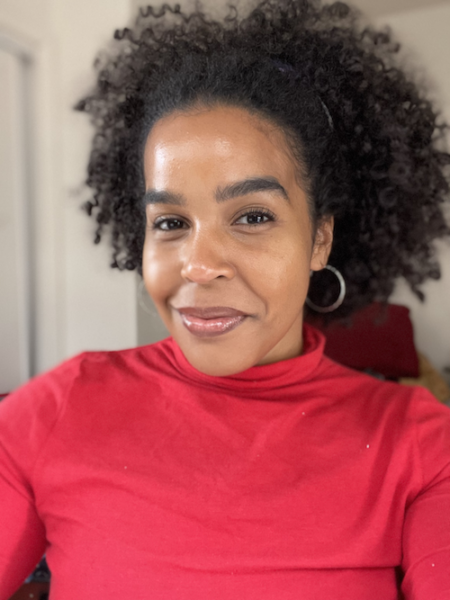 Márcia Ribeiro
Márcia Ribeiro  Matheuzza Xavier
Matheuzza Xavier
 Catherine Ceniza Choy
Catherine Ceniza Choy Cybelle Fox, Professor of Sociology at UC Berkeley,
Cybelle Fox, Professor of Sociology at UC Berkeley, Leti Volpp
Leti Volpp Hidetaka Hirota
Hidetaka Hirota

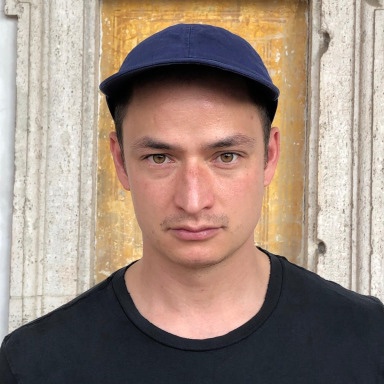 Cameron Hu
Cameron Hu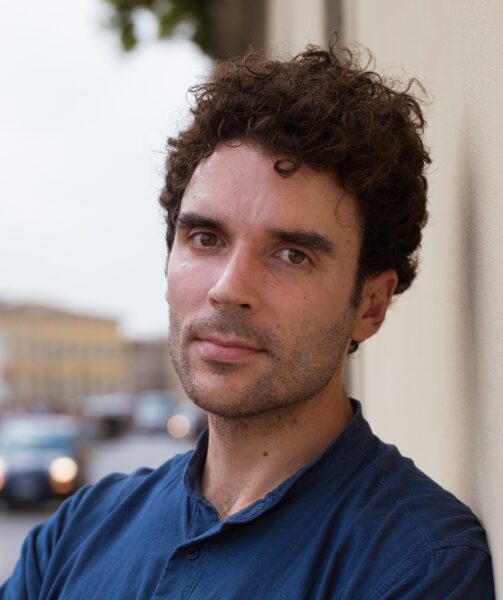
 Nathaniel Dolton-Thornton (discussant) is a PhD student in the
Nathaniel Dolton-Thornton (discussant) is a PhD student in the 